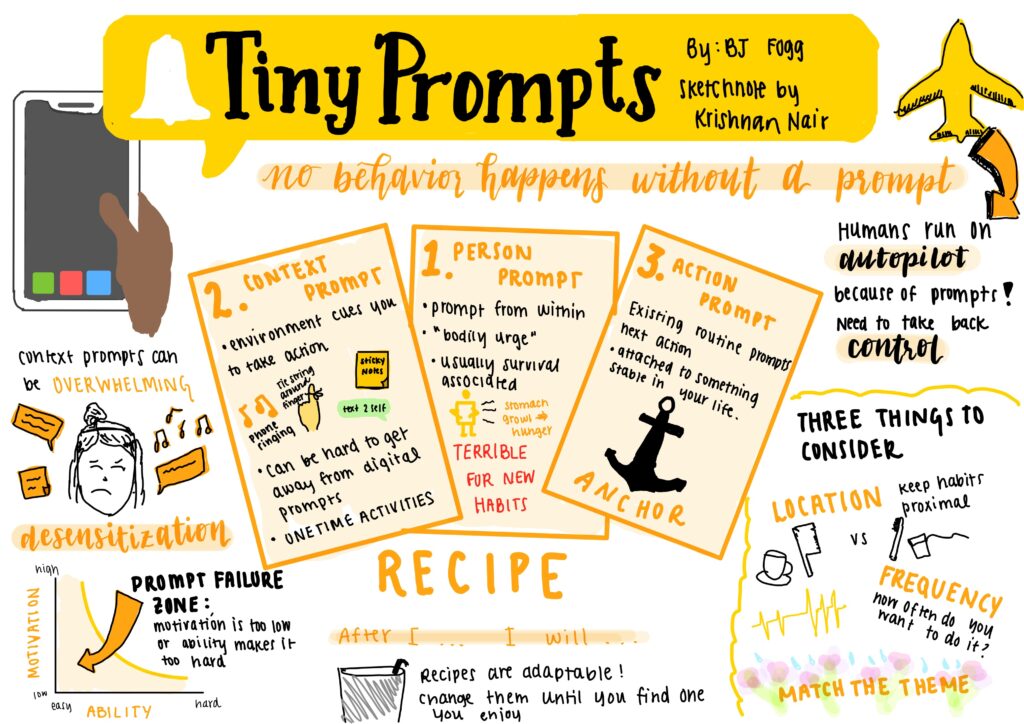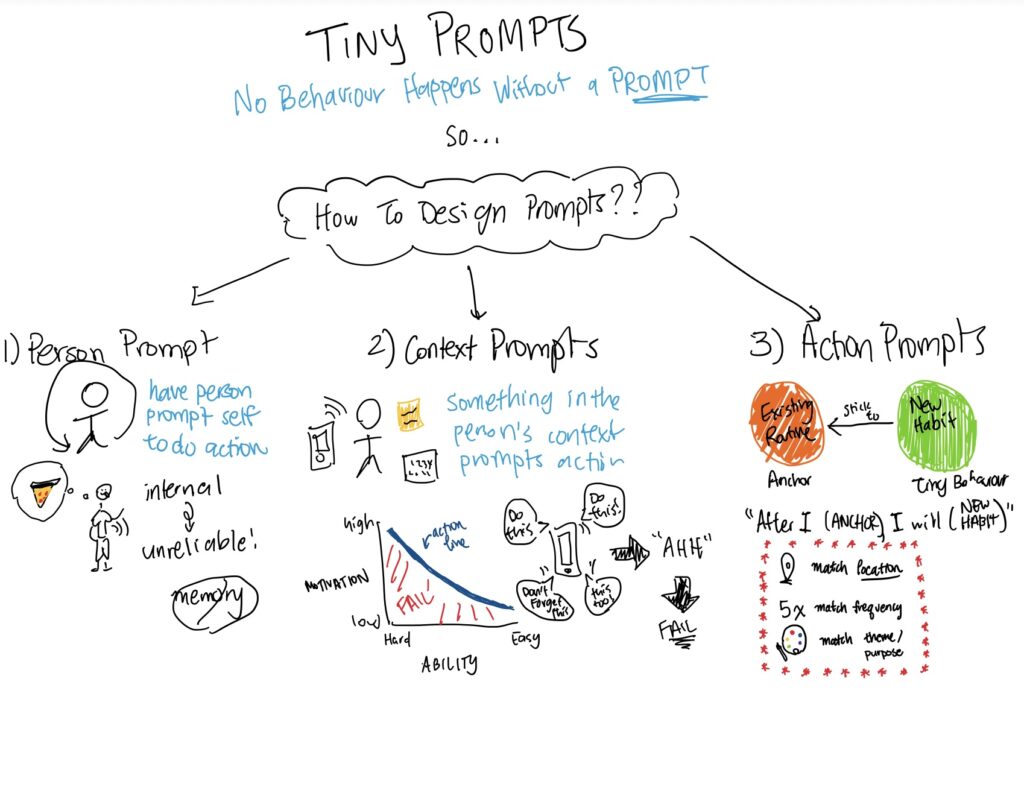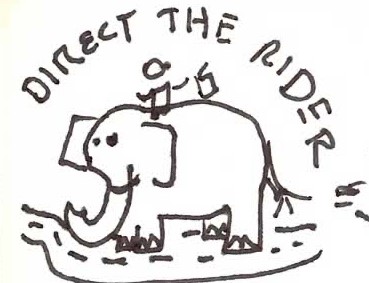CS247B has been one of the most engaging courses I’ve taken at Stanford! Reflecting on my journey with team Nile Crocodile on Love Language this quarter, I’ve found myself much more interested in the language learning space. This project, designed to help couples in learning and engaging with each other’s native languages through love notes, has been a deep dive into not only language learning but also a study of how user interfaces, technology, and personal relationships intersect.
Before this class, I truly believed that language learning was primarily about vocabulary acquisition and grammar. Having studied Mandarin for 8+ years, much of my focus in academic settings was about learning as much vocabulary as possible and grammar rules. Yet working on Love Language has drastically shifted this perspective. I’ve come to appreciate the complex motivations that go into language learning and the difficulty of habit anchoring.
What I enjoyed most about this course was the emphasis on user-centered design and the iterative process in designing our solution. In CS147 or CS247A, I would work in a problem space, but only engage with one round of interviews. In this assignment, we did an initial set of interviews, a baseline study, and post-study interviews. Then, we repeated this whole process a second time for the intervention study. As a result, by the beginning of the solution design part of the course, I had a really strong understanding of the users we were designing for. Similarly, it allowed us to develop some genuinely insightful grounded theories.
I found the grounded theories and system models to be the most effective tools that we used in this course. The grounded theories really pushed me to think about the interviews and extract meaningful insights, as well as connect sentiments from across interviews. Similarly, the system models were a new tool that I used in this class for the first time. The system models really challenged me and my teammates to think about how users may engage with our app. As we built our final solutions, looking at the Bubble Map and System Models together made us realize the key needs of our user. For example, at first, we built a home page that did not serve much purpose except directing users to creating a note or viewing a note. But then, we realized that the gallery/inbox could function as the home page/feed after looking at the Bubble Map and System models.
A challenge that my team dealt with throughout the design process was designing the AI assistant to support language learning without infringing on the authenticity of the couple’s communication. Balancing correction with suggestion(s) and encouragement, without infringing on the voice of the language learning, was difficult to figure out in the app design process. Similarly, we struggled to figure out how involved the AI assistant should be as a default.
When reflecting on this course, I felt that there were two key ethical dilemmas that we had to engage with. First, an unresolved aspect of our solution is the scalability of our solution to encompass a broad spectrum of language dialects. For example, if I am learning Mandarin to connect with my partner, but they speak a specific dialect of it, how would the AI agent balance that? It is well documented that large language models have difficulty with multiple languages and are not trained well on more niche languages. Therefore, the AI assistant may constantly try to pigeon the user into a more common dialect of the language–wrongly taking dialects for grammatical errors. This could result in many language learners all converging on a shared dialect of a language. Another ethical concern are privacy concerns, given the personal nature of the content shared within the app. Our approach respected user privacy by ensuring that love notes remained private between partners, with AI interactions designed to be non-intrusive and optional.
Now, I think of language learning as a much more complex, intimately human endeavor that is closely tied to relationships. While I can recognize the importance of functional language learning apps, I feel that I have gained a greater appreciation for all the other factors involved in language learning: purpose, motivation, routine, understanding culture, connecting with people, etc. For future projects, I will continue to emphasize the importance of iterative user feedback in the design process. I feel that this idea is the first time in an HCI course that I have built a very specific solution–not just a cookie cutter idea–that was informed by actual user needs. This is undoubtedly due to continued interviews, studies, and analysis.
For a further redesign of Love Language, I would consider expanding the types of partnerships that can exist on the app (familial, platonic, not just romantic), and also find a way to explore including learning models/cultural exchange opportunities within the app. Ultimately, Love Language was a fantastic quarter-long endeavor and I am extremely proud of what me and my team were able to accomplish!



